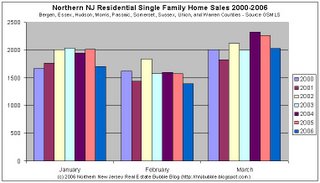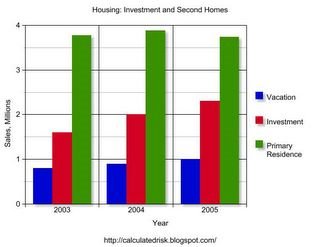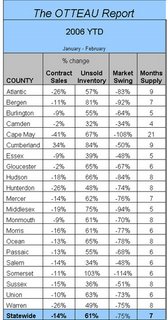The Mob That Whacked Jersey
The Mob That Whacked Jersey
For more than a century and a half, New Jersey, nestled between New York City and Philadelphia, offered commuters like Thannikary affordable living in pleasant communities. Wall Street tycoons, middle managers fleeing high-priced Gotham once they’d married and had kids, and immigrants who settled first in New York but quickly discovered that they could pursue the American dream more easily across the Hudson—all flocked into the Garden State. Eventually, New Jersey’s congenial living attracted even corporations escaping New York’s rising crime and taxes. The state flourished.
But today Jersey is a cautionary example of how to cripple a thriving state. Increasingly muscular public-sector unions have won billions in outlandish benefits and wages from compliant officeholders. A powerful public education cartel has driven school spending skyward, making Jersey among the nation’s biggest education spenders, even as student achievement lags. Inept, often corrupt, politicians have squandered yet more billions wrung from suburban taxpayers, supposedly to uplift the poor in the state’s troubled cities, which have nevertheless continued to crumble despite the record spending. To fund this extravagance, the state has relentlessly raised taxes on both residents and businesses, while localities have jacked up property taxes furiously. Jersey’s cost advantage over its free-spending neighbors has vanished: it is now among the nation’s most heavily taxed places. And despite the extra levies, new governor Jon Corzine faces a $4.5 billion deficit and a stagnant economy during a national boom.
Unless Garden State leaders can stand up to entrenched interests—and the signs aren’t promising—the state may find itself permanently relegated to second-class economic status. New Jersey “could become the next California, with budget problems too big to solve without a lot of pain,” warns former Jersey City mayor Bret Schundler. “The old way of raising taxes to solve budget problems has been tried, and it’s done nothing but make things worse.”




